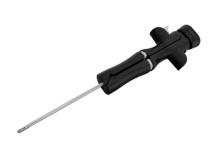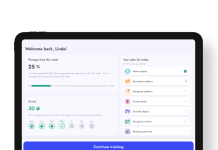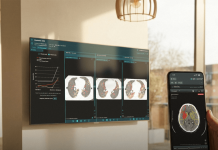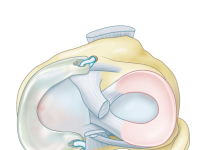Singapore-based surgical robotics and mixed reality firm, Zeta Surgical, has announced the completion of its first multi-centre clinical trial examining its Zeta cranial navigation system, an AI-enabled cranial guidance device designed to be used in surgery.
The trial, conducted by researchers at Singapore General Hospital and the National Neuroscience Institute (NNI), saw 15 patients requiring an elective and emergency ventriculostomy, a procedure traditionally carried out without using digital navigation tools.
Related: MiRus reports positive results from human trial of Siegel TAVR
Zeta Surgical says that during the trial, all patients were successfully cannulated in a single attempt and with no adverse events simplifying the procedure.
NNI consultant Dr Min Wei Chen, said: “We feel very privileged and excited to be part of the forefront of medtech. It has been an enlightening journey watching how the project evolved from the lab to the operating theatre. The results of the trial speak for themselves.
“We have learned such valuable lessons together as a team and look forward to the future where I am sure this navigation platform will become one of the key must-haves in the modern neurosurgical unit.”
It follows after the company saw its Zeta Cranial Navigation System granted US Food and Drug Administration (FDA) Special 510(k) clearance. The company is entering a busy market with several medtech firms having recently received investment for their own guided surgical tools.
In April 2024, Proprio entered a strategic partnership with the Biedermann Group in the hope of fast-tracking its guided spinal surgery tool. Last year, the Netherlands-based Sirius Medical was able to secure $13m (€12m) to push ahead with its Pintuition.
Raahil Sha, co-founder of Zeta Surgical, added: “We look forward to launching commercial pilots across a broader spectrum of procedures, bringing our technology to hospitals across the United States.”
Elsewhere in the field of cranial surgery, the FDA has conversely issued a Class I recall for some versions of Medtronic’s software used in locating anatomical structures during brain surgeries after it was found to display faulty text.




